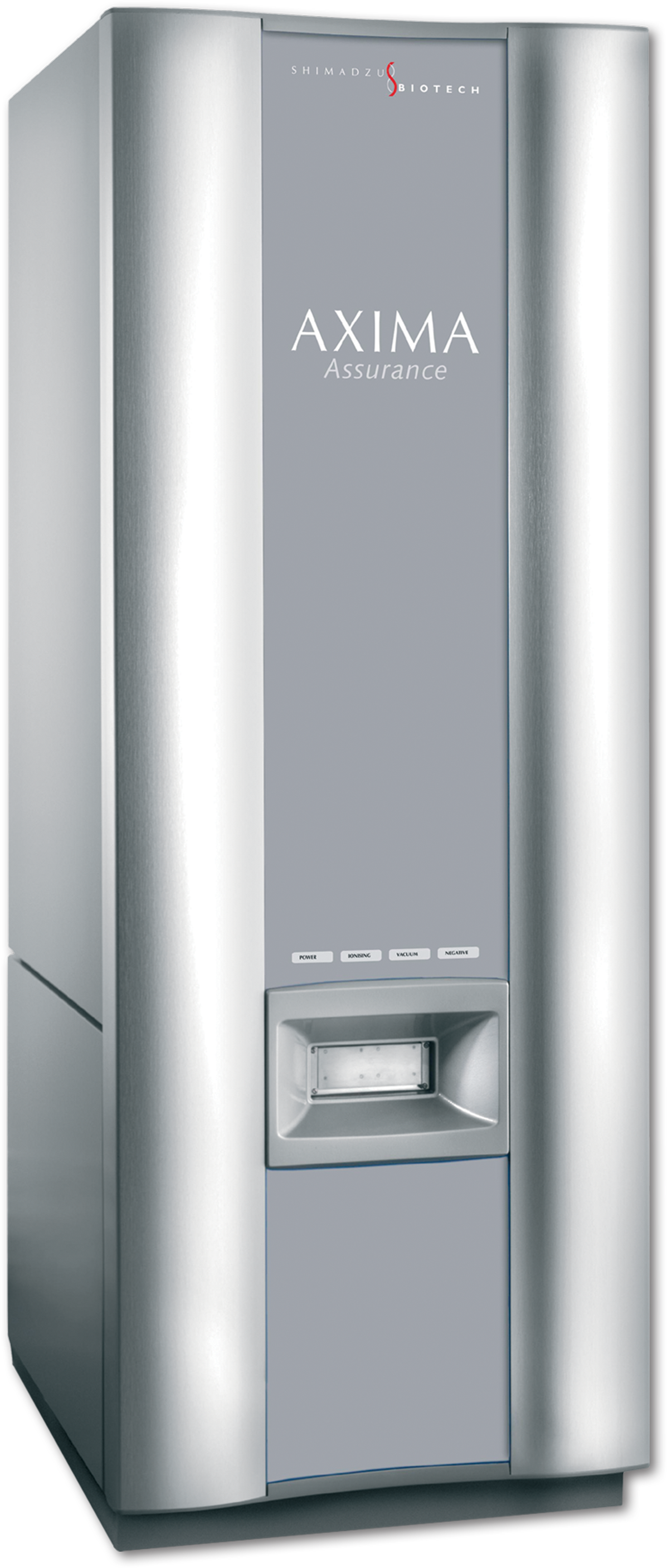Early detection of Alzheimer’s biomarkers
Joint study between Shimadzu and CHU University Hospital of Montpellier /
Mass spectrometry-based blood amyloid-beta Analysis /
Opening the door to new advancements in Research
Shimadzu, one of the world leaders in analytical instrumentation, introduces the collaboration with the Clinical Laboratory and Proteomics Platform of the CHU University Hospital of Montpellier, France. With the team of professors Sylvain Lehmann and Christophe Hirtz, they focus on MS (mass spectrometry) based blood amyloid-beta analysis for early screening of amyloid-positive subjects. The cooperation plans to conduct a joint cohort study from the Memory Resources and Research Center (Professor Audrey Gabelle) to evaluate whether this simple blood analysis method enables early and accurate prediction of amyloid pathology in the brain with an easy-to-acquire blood sample.
Unlike conventional positron emission tomography (PET) imaging and cerebrospinal fluid (CSF) testing methods, Shimadzu’s blood amyloid-beta analysis method is minimally invasive and suitable for large-scale deployment. It is a new-approach blood analysis capable of being used for the research of detecting abnormal amyloid-beta concentration which can be a marker for amyloid pathology in the brain.
Opening the door to new advancements in research
These new blood-based biomarkers were discovered in 2014 by Shimadzu and the Japanese National Center for Geriatrics and Gerontology (NCGG). Although the screening analysis is Research Use Only and cannot diagnose Alzheimer’s disease, it is ideal for opening the door to new advancements in research, identifying suitable candidates for clinical trials and helping pharmaceutical company to test candidate drugs.
The blood analysis works using a combination of immunoprecipitation and MALDI-TOF mass spectrometry (IP-MS). This technique was first established by a team of scientists including Shimadzu’s Koichi Tanaka, who was awarded the Nobel Prize in Chemistry in 2002 for developing a method for mass spectrometric analysis of biological macromolecules.
The CHU of Montpellier is part of Shimadzu’s European Innovation Center (EUIC) program. The EUIC merges the cutting-edge analytical technologies of Shimadzu with game-changing topics and expertise in markets and science covered by opinion leaders, strategic thinkers and scientific experts in order to create new solutions for tomorrow.
For more scientific background about Shimadzu’s blood amyloid-beta analysis: Nature: A. Nakamura, N. Kaneko et. al., "High performance plasma amyloid-β biomarkers for Alzheimer's disease" doi: 10.1038/nature 25456
Shimadzu and the Clinical Laboratory and Proteomics Platform of the CHU University Hospital of Montpellier, France collaborate on early detection of Alzheimer’s biomarkers. They focus on MS (mass spectrometry) based blood amyloid-beta analysis for early screening of amyloid-positive subjects. The cooperation plans to conduct a joint cohort study from the Memory Resources and Research Center to evaluate whether this simple blood analysis method enables early and accurate prediction of amyloid pathology in the brain with an easy-to-acquire blood sample. It is a new-approach blood analysis capable of being used for the research of detecting abnormal amyloid-beta concentration which can be a marker for amyloid pathology in the brain.

Figure 1: The product used for research (MALDI-TOF Mass Spectrometry "AXIMA Assurance")
For further editorial questions, please contact:
Marketing Communication Europe
Shimadzu Europa GmbH
Albert-Hahn-Str. 6-10 D-47269 Duisburg, Germany
Tel.: +49 (0)203-7687410
E-Mail: Amyloid-beta@shimadzu.eu
www.shimadzu.eu


